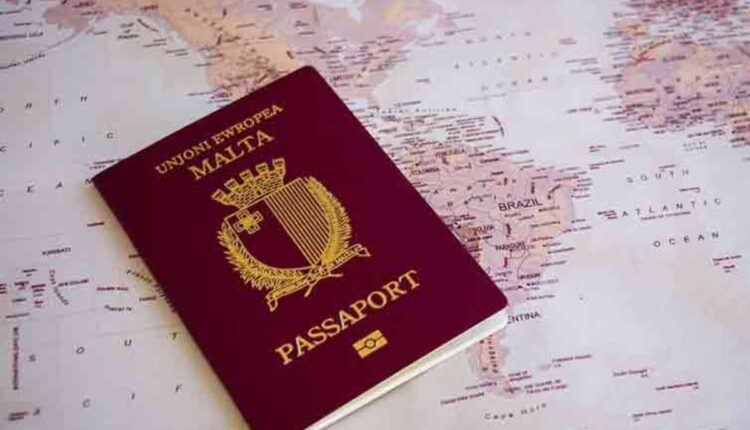Malta Ordered to Scrap Golden Passport Scheme After EU Court Ruling
EU declares citizenship-for-sale a breach of core European values and law
Click here to join now
Valletta, Malta – April 29, 2025 In a landmark decision, the European Court of Justice (ECJ) has ruled that Malta must shut down its controversial golden passport scheme, declaring that selling citizenship purely for investment violates European Union law. The court found that Malta’s programme undermines the integrity of EU citizenship by granting nationality without any genuine connection to the nation.
The ruling delivers a decisive blow to Malta’s citizenship-by-investment (CBI) model, which allowed wealthy individuals—primarily non-EU nationals—to acquire Maltese and, by extension, EU citizenship in exchange for an investment of approximately €1 million. The scheme provided visa-free access to over 180 countries and full rights within the European Union, including the freedom to live, work, and study anywhere in the bloc.
The ECJ emphasized that “a Member State cannot grant its nationality—and thereby EU citizenship—in return for predetermined payments or investments,” stating that such practices effectively convert citizenship into a commercial transaction. While EU nations retain the right to define their own nationality laws, the court reaffirmed that this must be exercised in alignment with shared European principles and mutual trust.
Malta Defends the Scheme, But Faces Legal Ultimatum
Despite the ruling, Maltese authorities have maintained that the programme is legal under EU treaties and vital for attracting foreign capital. However, the ECJ’s verdict is final and binding. Malta must now dismantle the scheme or risk facing infringement procedures, which may include financial sanctions and limitations on its participation in key EU decisions.
Malta’s programme had long been under fire from Brussels, civil society groups, and transparency watchdogs who raised red flags over money laundering, security threats, and a lack of transparency. The European Commission initiated legal proceedings against Malta in 2022, culminating in the ECJ’s judgment this week.
Implications for Investors and Citizenship Seekers
The court’s decision will have immediate consequences for potential applicants:
-
New Investors: The pathway to EU citizenship through Malta is now closed.
-
Current Passport Holders: The court has not ruled on revoking existing passports, but increased scrutiny is expected.
-
Other Nations: Countries like Cyprus and Bulgaria, which previously operated similar programmes, had already suspended them under EU pressure. This ruling may prompt others to abandon any remaining CBI mechanisms.
Alternative Avenues Remain for Global Mobility
Although EU citizenship-by-investment routes are closing, options like golden visa programmes still exist in Portugal, Greece, and Spain. These offer residency—not immediate citizenship—through investment in real estate or business. Additionally, Caribbean nations such as Dominica and Saint Kitts and Nevis continue to run citizenship programmes, though they lack EU access.
The ECJ’s firm stance marks a turning point in the European Union’s commitment to safeguarding its shared values. Citizenship, the court affirms, must reflect national identity and meaningful integration—not simply financial ability.

